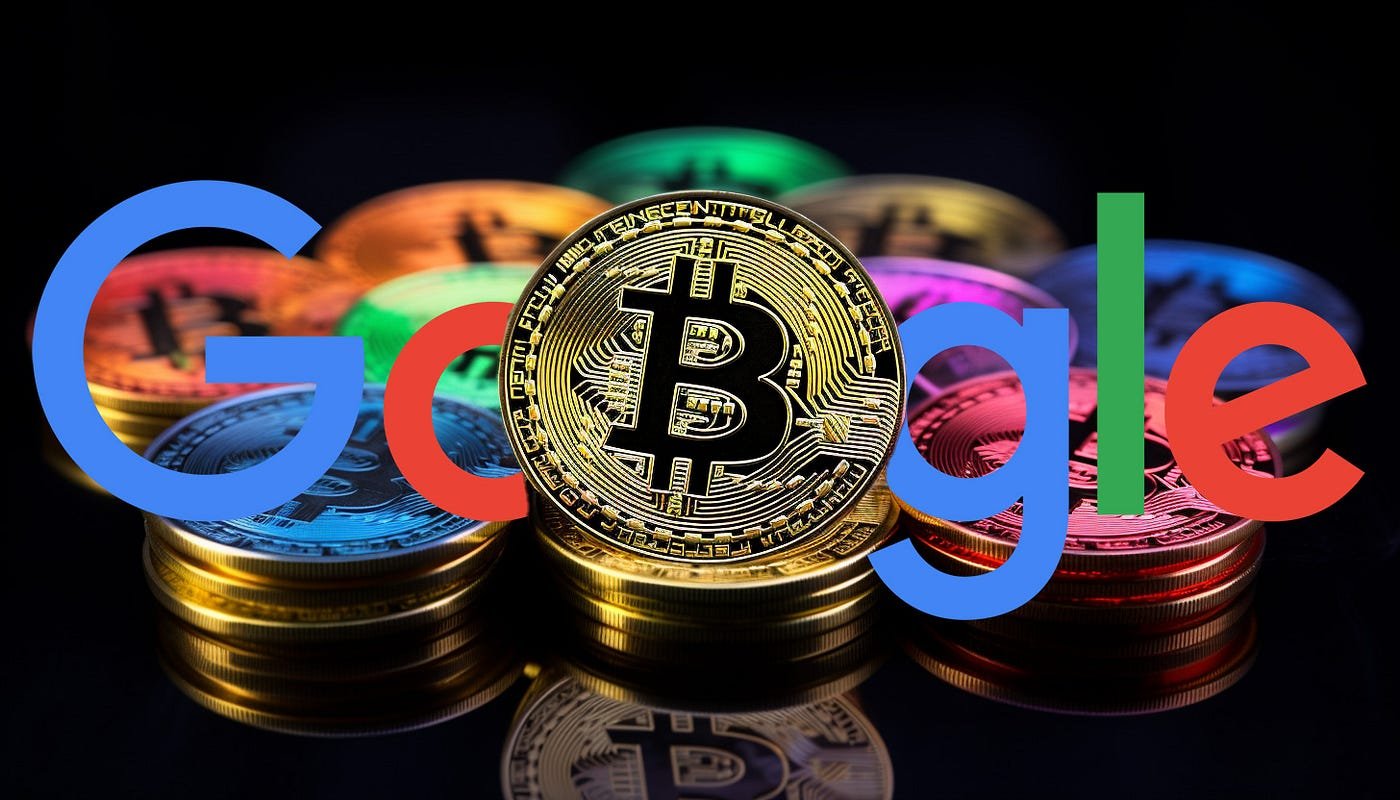Google announced a major policy update that requires cryptocurrency exchange and wallet apps to obtain valid government licenses before publishing in 15 regions. The move aims to build a safer, more compliant crypto ecosystem for users.
Google’s New Licensing Policy
The rule applies to jurisdictions including the U.S., U.K., European Union, Canada, Japan, South Korea, Hong Kong, Switzerland, and the UAE. Developers must register with financial authorities such as the Financial Conduct Authority (FCA), Financial Crimes Enforcement Network (FinCEN), or as a Crypto-Asset Service Provider (CASP) under MiCA in Europe.
Google clarified that non-custodial wallets are excluded. However, developers must declare crypto-related features in Google Play’s Financial Features Declaration. In addition, Google warned that apps lacking valid registration will be removed from restricted markets.
FBI Flags ₹82 Crore Crypto Scam
The U.S. Federal Bureau of Investigation (FBI) issued a fresh warning about cryptocurrency recovery scams that defrauded victims of more than ₹82 crore (USD 9.9 million) between February 2023 and February 2024. Fraudsters posed as lawyers from fictitious firms, claiming to help victims recover stolen crypto while stealing from them again.
Data Protection and DPDP Act Readiness: Hundreds of Senior Leaders Sign Up for CDPO Program
Tactics included impersonating government agencies, demanding payments via crypto or gift cards, and luring victims into WhatsApp groups under the guise of “safety.”
What India is doing?
While the Google policy doesn’t extend to India, the Indian crypto landscape is being shaped by different forces:
- Foreign Crypto Platforms Restricted: Since early 2024, the Indian government has blocked access to several offshore crypto exchanges (e.g., Binance, KuCoin, Kraken) through app store restrictions and IP blocks. This is tied to concerns about anti-money laundering compliance and foreign exchange regulations
- Tax & Regulatory Ambiguity: India continues to tax cryptocurrencies heavily 30% on gains plus 1% TDS on transactions and has imposed strict reporting norms. The CBDT (tax authority) is now consulting with industry participants to consider enacting a dedicated law for digital assets and crypto, given the current confusion around taxation and banking access.
Red Flags for Investors
The FBI listed warning signs of fake recovery services:
- Claims of government or law firm affiliation without credentials
- Demands for crypto or prepaid gift card payments
- Knowledge of past transactions and scam details
- Requests to open foreign bank accounts
- Pressure to pay third-party “trading firms” for secrecy
The agency urged citizens to adopt a zero-trust approach, verify law licenses, and confirm the identity of anyone claiming to represent law enforcement.
About the author – Ayush Chaurasia is a postgraduate student passionate about cybersecurity, threat hunting, and global affairs. He explores the intersection of technology, psychology, national security, and geopolitics through insightful writing.



